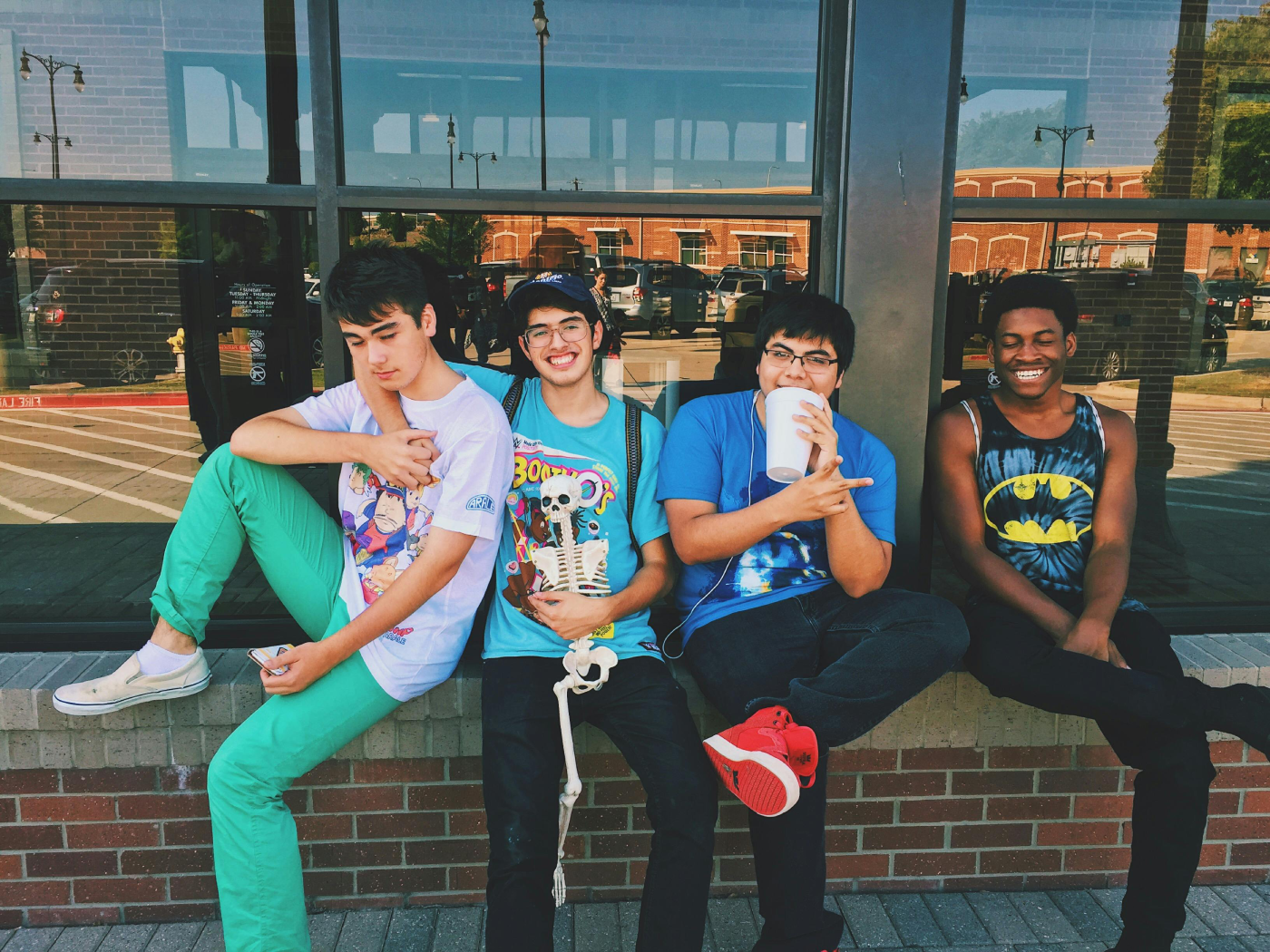Opioid addiction has become an alarming public health crisis, affecting individuals and families across the nation. If you or a loved one are considering the path to recovery, it’s essential to understand the journey ahead. Opioid withdrawal is often the first hurdle on the road to healing. In this blog, we’ll shed light on the signs of opioid withdrawal and how Shoreline Recovery Center can guide you through this challenging phase towards a brighter future.
The Opioid Withdrawal Experience
Opioids, whether prescription painkillers or illicit drugs like heroin, attach to receptors in the brain, producing feelings of euphoria and pain relief. Over time, the body becomes dependent on these substances, leading to addiction. When opioid use is abruptly reduced or stopped, the body reacts, giving rise to withdrawal symptoms.
Withdrawal symptoms can vary in intensity and duration, depending on factors such as the type of opioid, duration of use, and individual differences. Shoreline Recovery Center understands the complexity of this process and provides tailored support to manage withdrawal effectively.
Common Signs of Opioid Withdrawal
Flu-Like Symptoms
Opioid withdrawal often begins with flu-like symptoms, including body aches, chills, fever, and sweating. These physical discomforts can be challenging, but they signify your body’s adjustment to the absence of opioids.
Gastrointestinal Distress
Nausea, vomiting, diarrhea, and stomach cramps are common symptoms. The gastrointestinal system struggles to adapt to the absence of opioids, causing these distressing effects.
Mental and Emotional Challenges
Opioid withdrawal isn’t limited to physical symptoms; it also affects mental and emotional well-being. Anxiety, depression, irritability, and mood swings are frequent experiences during this phase.
Insomnia and Sleep Disturbances
The body’s natural sleep patterns are disrupted, leading to difficulties falling and staying asleep. This lack of restorative sleep can exacerbate other withdrawal symptoms.
Intense Cravings
As the body craves the absent opioids, you may experience intense urges to use them again. These cravings can be overwhelming but are a natural part of the withdrawal process.
Restlessness and Agitation
Feelings of restlessness, an inability to sit still, and overall agitation are common signs of opioid withdrawal. These sensations can be challenging to cope with but are temporary.
Muscle Pain and Tension
Muscular aches and tension are common during withdrawal. These sensations stem from the body’s adjustment to the absence of opioids.
Dilated Pupils
Opioid withdrawal can cause the pupils to dilate (enlarge), which is a noticeable physical sign. While not exclusive to opioid withdrawal, dilated pupils can be indicative of this phase.
Shoreline Recovery Center: Guiding You Through Opioid Withdrawal
Facing opioid withdrawal can be daunting, but Shoreline Recovery Center is here to provide comprehensive support and guidance throughout the process. Our team of experienced professionals understands the intricacies of opioid addiction and withdrawal, allowing us to tailor treatment plans to your unique needs.
Our Team’s Approach
Medically Supervised Detox
Our medically supervised detox program ensures your safety and comfort during withdrawal. Our medical team monitors your progress and provides interventions to manage symptoms, making the process as manageable as possible.
Therapeutic Support
Opioid withdrawal affects not only the body but also the mind. Our therapists are here to help you navigate the emotional challenges that arise during this phase. Through individual and group therapy, you’ll gain coping strategies and insights into your addiction.
Holistic Healing
Shoreline Recovery Center embraces a holistic approach to treatment. We offer activities like yoga, mindfulness exercises, and art therapy to help alleviate physical and emotional discomforts.
Personalized Treatment Plans
We recognize that each individual’s journey is unique. Our treatment plans are personalized to address your specific needs, ensuring that you receive the care and support necessary for a successful recovery.
Aftercare Planning
Opioid withdrawal is just the beginning of your recovery journey. Our aftercare planning equips you with the tools and resources needed to maintain sobriety beyond withdrawal. Support groups, therapy, and ongoing guidance are integral components of our aftercare approach.
Conclusion
Embarking on the path of recovery from opioid addiction requires courage and resilience. Recognizing the signs of opioid withdrawal is a crucial step in this journey, and Shoreline Recovery Center is dedicated to helping you navigate this challenging phase. With our comprehensive approach, experienced team, and personalized treatment plans, you can overcome opioid withdrawal and move towards a healthier, more fulfilling future. Remember, you’re not alone – Shoreline Recovery Center is here to guide you every step of the way.







